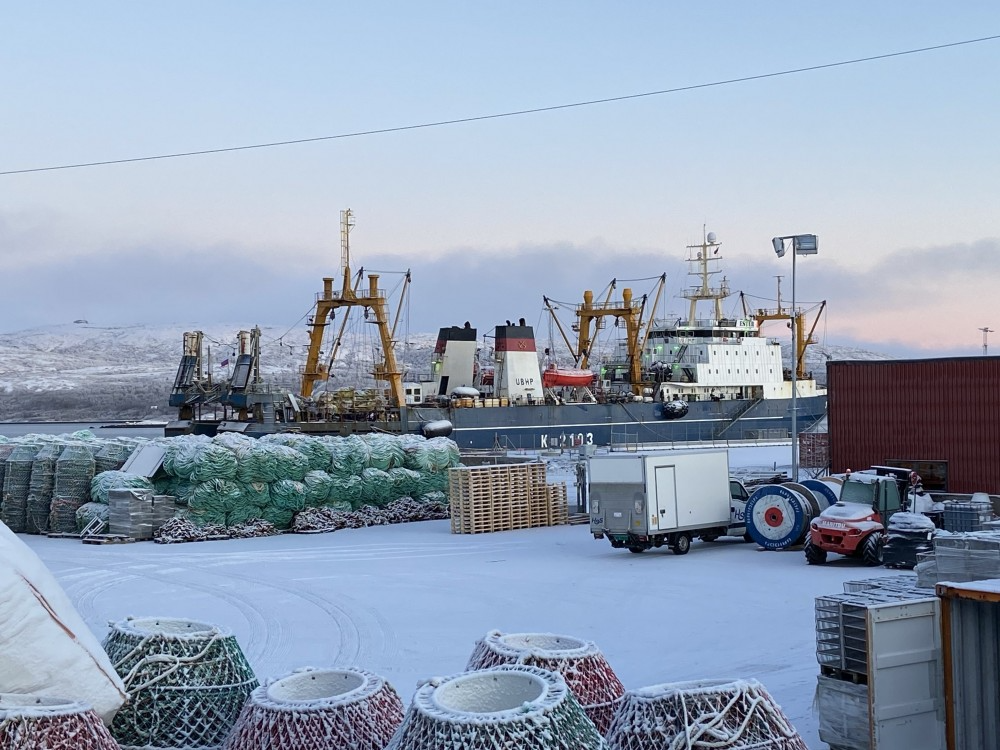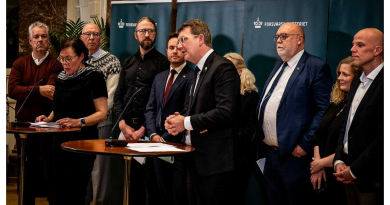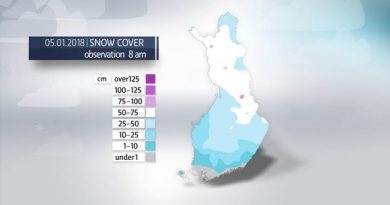Barents Sea cod quotas lowered by 20% for the third year in a row

Norway and Russia find common interests in cod and other fish stocks. A deal is reached on the 2024 quotas.
“It’s good that we have got a fisheries agreement with Russia, despite the fact that this year we are also in an extraordinary situation, says Cecilie Myrseth, Norway’s newly appointed Minister of Fisheries and Ocean Policy.
“The agreement ensures long-term and sustainable marine management in the northern areas, and is fundamental for us to be able to take care of the cod population and the other species in the Barents Sea.”
The Norwegian-Russian Joint Fishery Commission on Saturday agreed that 2024 cod quotas in the Barents- and Norwegian Seas will total 453,427 tons, of which 212,124 tons will be Norway’s share.
This is down 20% from the 2023 quotes, which again was down 20% from the agreed catch in 2022.
Russia and Norway share the biggest part of the quota, with a smaller part given to a few other European Union countries and Iceland, fishing up north in Arctic waters.
Joint research, study
All back to 1976, the two countries’ Joint Fishery Commission has set quotas for Barents Sea fishing. Since 1993, the Commission has included exchange of catch data, inspections and other issues related to compliance control.
Russian and Norwegian marine researchers jointly study and set recommendations for the fish stock quotas in the Barents Sea.
With the work and agreements in the joint commission, Norway and Russia have managed to keep the Barents Sea as one of the best sustainable fishing areas in the world’s oceans.
The 2024 agreement also includes a haddock quota of 141,000 tons, as well as 196,000 tons of capelin. That is nearly three times more capelin compared with 2023.
Fishermen will get less halibut next year, with 21,250 tons, down 3,750 tons from this year. The quote is shared 50/50 between Norway and Russia.
Last fall, Norwegian authorities banned Russian-flagged fishing vessels from entering any ports except Tromsø, Båtsfjord and Kirkenes in the north.
Related stories from around the North:
Canada: Feds ask court to dismiss Nunavut Inuit lawsuit on fishing licences, CBC News
Greenland: Glowing snailfish full of antifreeze proteins found off coast of Greenland, Eye on the Arctic
Finland: Finnish Sámi activists win fishing rights case, Yle News
Norway: Will Russia ask Norway to cut crab fishing in Arctic fjord?, The Independent Barents Observer
Russia: Tighter export restrictions on electronics, but not all Russian fishing vessels are checked, The Independent Barents Observer
Sweden: Environmentalists seek solutions to ghost net problem in Baltic Sea, Radio Sweden
United States: New research suggest some salmon species expanding their range in the Arctic, Eye on the Arctic



